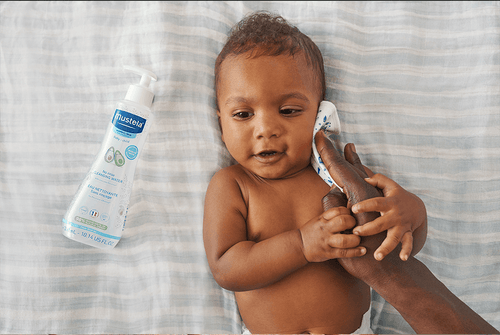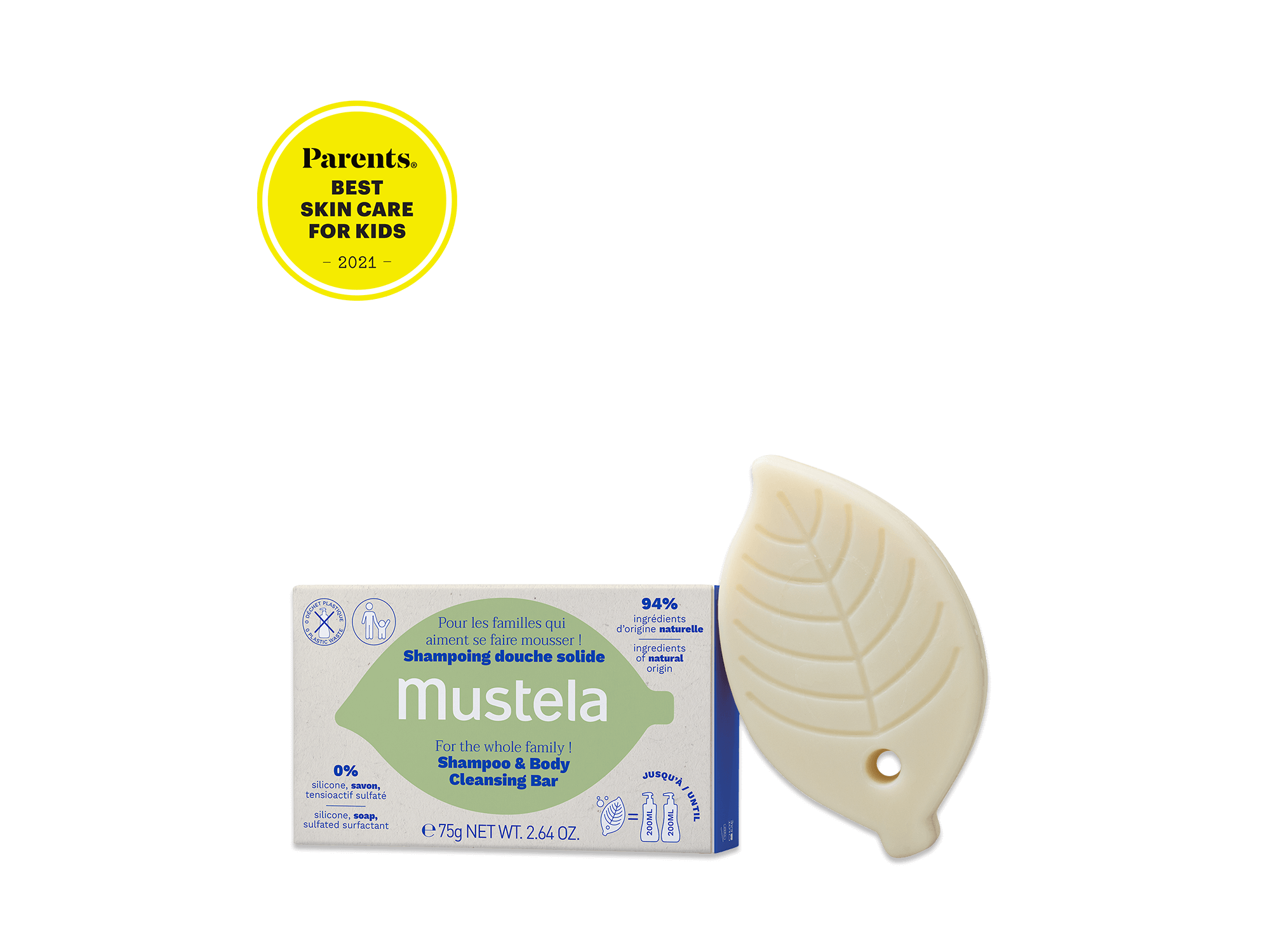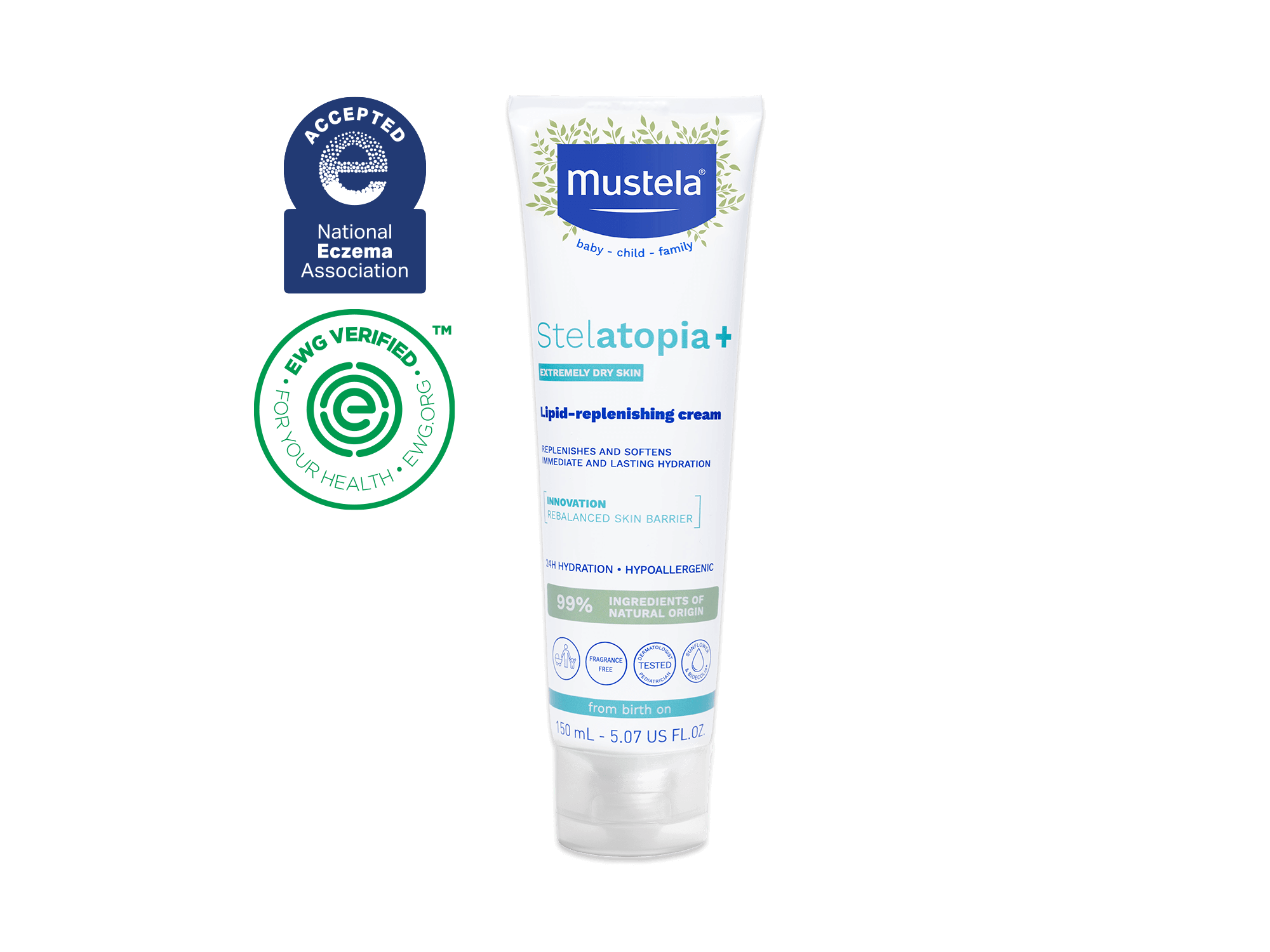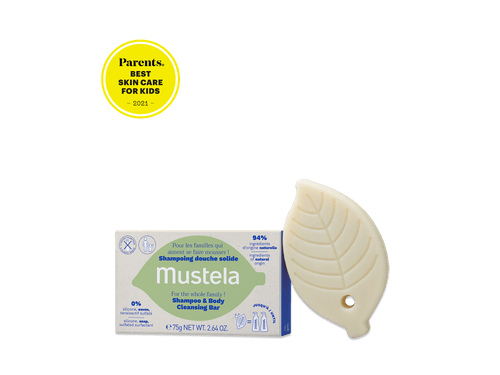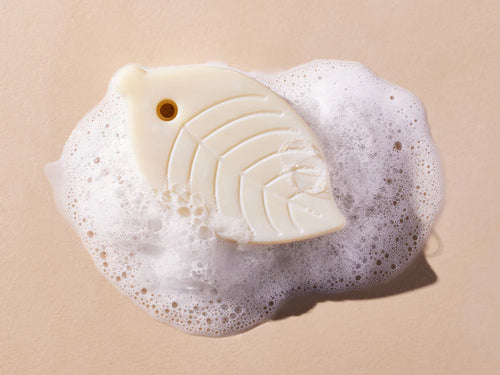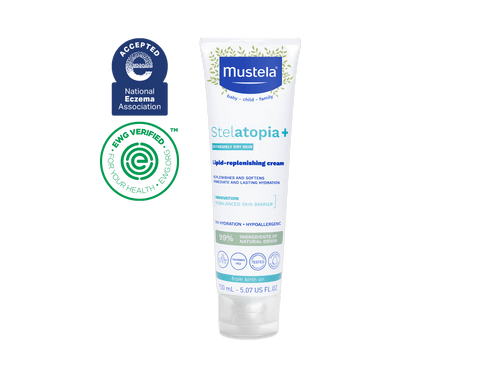How long are babies newborns? How long are they Infants? Toddlers? Not long enough! Time goes by so quickly. One minute you’re meeting the newest member of your family and the next you’re chasing them at the park!
In this article, we’ll discuss the age ranges for each stage in your little one’s life. While we can’t slow down time, we can look closely at the motor, cognitive, and social/emotional milestones to watch for and ways to help nurture them.
Key Takeaways
- Your baby is a newborn until they are two or three months old, an infant until age one, and a toddler from ages one to three.
- Milestones can be divided into motor, cognitive, and social/emotional skills
- Your baby has an internal drive to meet milestones, but you can support them along the way.
Age Ranges From Newborn To Toddler
First things first. Newborns, infants, and toddlers all fit under the general term “babies.” A more informal term than the others, “baby” refers to any child from birth to four years old, but it typically describes children in the newborn and infant stages.
Here’s a basic overview of the age ranges of newborns, infants, and toddlers.
Newborn
The World Health Organization and the American Academy of Pediatrics define a newborn as a baby up to 28 days old. Most people define it, though, as being from birth to the two- or three-month mark.
Infant
The infant phase of a baby’s life is usually defined as spanning from birth to one year old. Newborns are a subset of infants.
Toddler
When your baby turns one, they become a toddler, and this generally lasts until they are three years old.
Newborn

Milestones
Newborns are brand-new to the world and just learning how to live. They’re working on the most basic skills, but by the time your newborn has reached their three-month mark, they will most likely be able to do the following.
Motor Skills
- Grab objects
- Move both their arms and legs
- Watch you as you move
- Open their hands
- Lift their head briefly when in tummy time
Cognitive Skills
- Calm down when they’re held
- Begin responding to voices
- Start to make sounds other than crying
Social And Emotional Skills
- Feel safe when they’re held
- Begin to make eye contact
- Smile (although this is often a reflex)
Support Your Newborn’s Growth
Your newborn will reach milestones when they’re ready, but you can help by creating an environment that supports their growth.
1) Learn Your Baby’s Cues
What kind of cry means your baby is hungry? What kind means they’re tired? You’ll begin to know the answers to these questions without thinking. But if you focus intentionally, you’ll notice them more quickly.
2) Make Time For Tummy Time
Once your baby is two days old, you can begin tummy time. Start with two or three times a day for about three to five minutes each time. Tummy time is critical for strengthening your baby’s neck, shoulder, and arm muscles.
3) Stock All Of Your Rooms
Keep your essentials everywhere. Place items like diapers, wipes, a change of clothes, and a burping blanket in all of the main rooms of your house. That way you don’t have to go far when you need something quickly. If you’re less stressed, your baby will be less stressed too!
Infant

A year is a long time! Your baby will grow by leaps and bounds and hit a wide variety of important milestones in their first year of life. By the time your infant has reached their first birthday, they will most likely:
Milestones
Motor Skills
- Wave
- Clap
- Pick up objects
- Lift their chest while in tummy time
- Roll over
- Sit up
- Crawl
- Pull up to stand
Cognitive Skills
- Babble
- Begin to say simple phrases like “uh-oh”
- Show excitement when something is about to happen
- Repeat an activity they just learned
- Begin to understand object permanence
Social And Emotional Skills
- Smile (for real!)
- Bond with caregivers
- Differentiate between strangers and people they know
- Enjoy music and games like peek-a-boo
- Begin to show separation anxiety
Support Your Infant’s Growth
Your infant’s milestones will be popping like popcorn throughout this first year of their life. They’ll come on their own, but you can help nurture them.
1) Babyproof Your House
You want your infant to explore as much as they can so their world can expand. This means being aware of their capacities as they grow. How high can they reach? How far can they travel? Their environment needs to be safe and free of hazards.
A few key ways to babyproof include:
- Place lockable covers on garbage cans and locks on cabinets
- Secure large pieces of furniture to the wall
- Cover outlets
- Store medicines and cleaning agents out of reach
- Put up safety gates at stairways and safety guards on windows
2) Create A Stimulating Environment
Your infant is naturally curious, but you can boost their desire to explore by giving them age-appropriate toys and activities that nurture their sensory experiences and help develop their fine and gross motor skills.
3) Support Independence And Safety
During this first year, your infant will be doing a lot of venturing and retreating. You’ll see them reach for a new toy and crawl to a new person. You’ll also see them drop the toy for a familiar one and crawl quickly back to you.
This out-and-back routine is exactly what you want your baby to be doing. If they realize the world is a wonderful place to explore and they can come back to the safety of who they love, they will thrive.
Toddler

Your little one will grow in so many ways between the ages of one and three. During this time, they will most likely reach a lot of milestones. Let’s take a look.
Milestones
Motor Skills
- Walk, run, jump, skip, and kick a ball
- Eat with utensils
- Get dressed
- String items together
Cognitive Skills
- Learn to talk
- Follow simple instructions
- Play with more than one toy at a time
Social And Emotional Skills
- Imitate other people
- Notice when other people are sad
- Look to you for cues about how to behave
Support Your Toddler’s Growth
At this point in your child’s development, you see nature and nurture working together. Your toddler has a natural urge to explore and grow, but the more you support them, the more they’ll achieve.
1) Create Routines
Routines give your toddler a sense of daily predictability, helping them feel safe. When they know what to expect, they can relax into exploring their world.
2) Make Basic Hygiene A Priority
By the time your baby’s a toddler, you’ve probably created a daily hygiene routine. The earlier you establish one, the easier it will be to adapt it to your baby’s changing needs.
You’re changing a whole lot of diapers over these first three years. Whether you use cloth diapers or disposables, you’ll want to have some cleansing wipes on hand. They’re great for potty training too!
When you bathe your baby, use gentle products like Mustela’s Gentle Cleansing Gel and Foam Shampoo for Newborns. All of Mustela’s products use natural ingredients that will safely cleanse your baby’s soft skin without drying it out or causing irritation.
3) Let Yourself Rely On A Support System
Don’t be shy about asking people for help. In some ways, it’s easier to ask when your baby is a newborn. But friends and family are happy to lend a hand (or an ear) whenever you need one. It takes a village to keep up with a toddler!
Enjoy Each Baby Stage With Mustela

So how long do the newborn, infant, and toddler stages last? Not so long! Try to be present. Enjoy all of it, as much as you can. Get help whenever you need it. And know that every age and every stage are works in progress.
Let Mustela help you protect and nurture your baby’s skin through each stage with gentle, natural, and powerful products. From lotion to cleansing water to cleansing gel and shampoo, our goal is to make moisturizing and cleaning your baby’s skin safe and reliable.
Frequently Asked Questions
How Long Are Newborns In Infant Car Seats?
The National Highway Traffic Safety Administration states that all babies must ride in a rear-facing car seat until they’re at least one year old. Infant-only seats must face backward, but convertible and all-in-one car seats can face both forward and back.
What Does It Mean If My Baby Hits Milestones Early Or Late?
Most of the time it doesn’t mean much. Milestone markers are averages, and many babies hit them early or late. Development is dynamic. Progress isn’t always linear. Some babies favor one set of skills, like motor, rather than another, like language.
Your baby is changing all the time! One moment doesn’t determine if they’re on track or not. But if you’re worried about your baby’s development, it’s always a good idea to contact their doctor.
How Do I Track My Premature Baby’s Milestones?
If your baby is born early, track their milestones using their original due date, not their birth date. Premature babies need extra time to catch up, so don’t be worried if they take a little longer to reach milestones.

